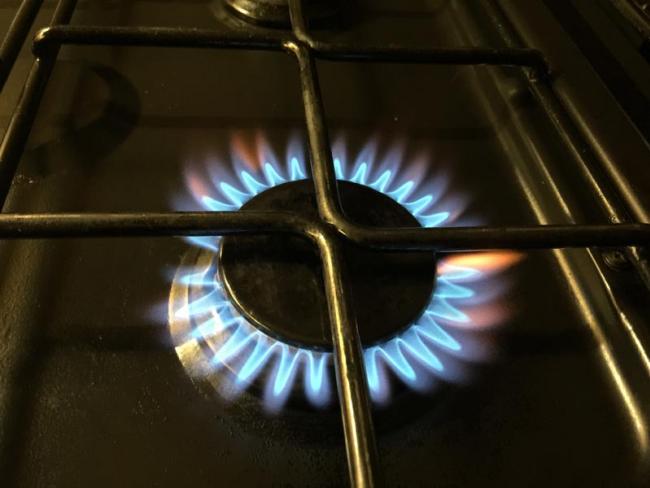The current energy price rises are part of the government’s attack on the working class. There is a good case for a VAT holiday for domestic energy.
VAT is charged at 5 per cent on the supply of electricity and gas to households, magnifying the cost of subsidies to renewables, system balancing costs, and also the rising price of natural gas. Since so much of the VAT take is a tax on a tax (green levies in this case) there is a case for zero rating, or at least a significant rate reduction.
The government opposes this, claiming wrongly that it would disproportionately benefit the well-off. In fact, energy levies and taxes are regressive, since energy costs form a larger part of expenditure in a low-income household than in a high-income one. A VAT cut would indeed benefit high-income households, but it would benefit low-income households much more.
Nearly two-thirds of Britain’s final energy consumption is accounted for by commerce, industry, other services, and the public sector. High energy prices are a central element in accelerating inflation. They will squeeze both employment and investment in the longer term.

